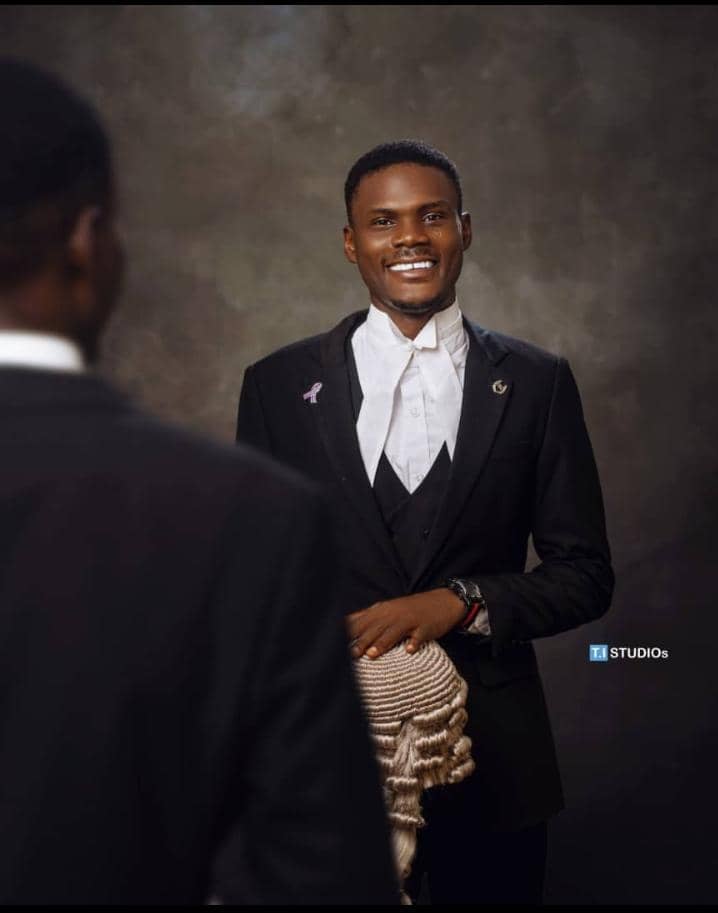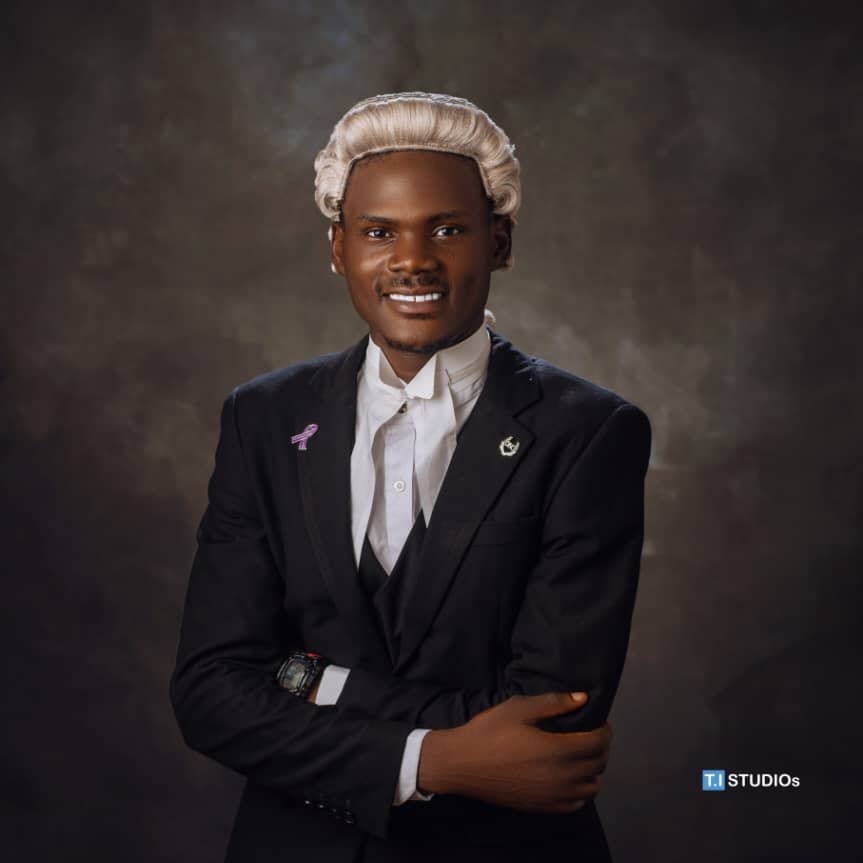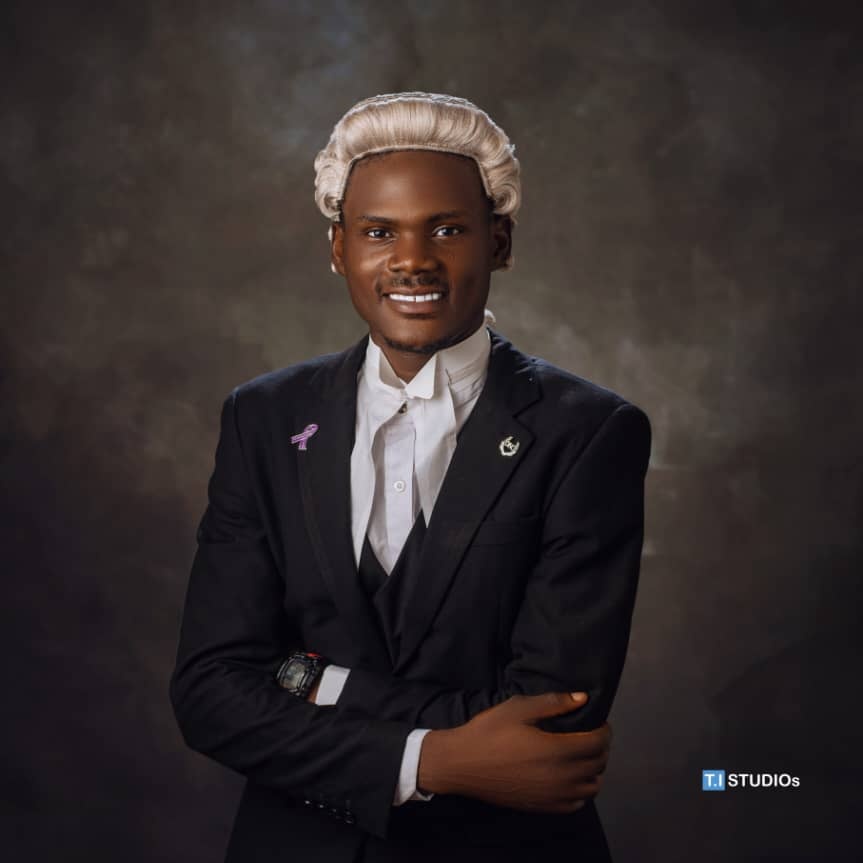✍️ By P.L. Osakwe
■ Introduction
In the sweltering heat of Nigeria’s protests for justice, democracy, and good governance, one face often appears not as a comrade, but as a barrier: the face of the Nigerian police officer. Helmet on, baton raised, rifle cocked, not against bandits or corrupt politicians, but against unarmed, frustrated citizens crying for a better life.
It is a tragic paradox.
These uniformed men and women, who are among the poorest paid, least respected, and most dehumanized members of society are deployed to suppress the very movements that might improve their own conditions. If irony ever had a uniform, this would be it.
👮🏽 The Forgotten Humanity Behind the Uniform
Let us be honest: at least 60% of Nigerian police officers live below dignity. Their salaries are barely enough to transport them to work, let alone feed a family. The police barracks? Rotting structures where rain leaks through the roof and rats claim territory before officers do. Promotion is not earned by valor, but by proximity to power or willingness to pay bribes.
And yet, these same officers are the first line of response — not to crime, but to peaceful protests. The poor, used against the poor, for the comfort of the rich.
How did we get here?
⚖️ The Colonial Roots of Force, Not Service
The answer is buried in history. The Nigerian Police Force was never built to serve the people — it was designed by colonialists to enforce submission. Its DNA was control, not compassion. That legacy lives on.
What we now call “law enforcement” is often nothing more than power protection, dressed in camouflage and wielding tear gas. Instead of protecting constitutional rights, our police enforce the will of whoever controls the budget.
■ Brainwashed by the Barracks, Not Trained by the Constitution
The average police recruit is not taught the values of democracy, rule of law, or citizens’ rights. He is taught hierarchy, obedience, and force. He is reminded that “you are not one of them” — that the civilians he confronts are not comrades in poverty but “bloody civilians” who must obey or be beaten.
So when protesters march for better hospitals, better education, or an end to corruption, he sees enemies, not allies. He fires rubber bullets at the people demanding clean water — water he too lacks.
This is not a coincidence. It is by design.
■The Politics of Poverty and Control
No corrupt government wants a well-paid, well-educated police force. A hungry officer obeys. A struggling officer won’t ask questions. An officer with a sick wife and unpaid salary is easier to weaponize. He becomes a tool, not a servant of the law.
And the politicians know this.
They keep the police poor enough to be dependent, angry enough to be brutal, and desperate enough to sell conscience for survival. Then they use them to break the skulls of those shouting “enough is enough.”
■ When the Oppressed Become Oppressors
The most dangerous thing in any society is a poor man with power over other poor people. That’s what our policing system has become. But we must remember: the uniform is not the enemy. The baton-wielder is not the mastermind. The structure is to blame.
A society that allows one class of the oppressed to brutalize another in the service of the elite is not a society at all. It is a plantation.
■ What Must Be Done?
1. Radical Police Reform must begin with better welfare. An officer who lives in dignity is more likely to respect the dignity of others.
2. Constitutional Civic Training must be core to police education. Teach recruits that their job is to protect citizens, not politicians.
3. Independent Oversight must be enforced to prevent political misuse of security forces.
4. Unity of the Oppressed: Protesters must find ways to speak directly to the humanity of uniformed officers , to remind them that they are not the enemy, but the evidence of a broken system.
■Conclusion: When the Police Join the Protest
Imagine, for a moment, a protest where the police refuse illegal orders, and instead link arms with the people. Where officers say “I too want my children to attend a functioning school.” Where soldiers say “I will not shoot those who want food, justice, and jobs.”
That Nigeria is possible, but not until we face this bitter truth:
A hungry man with a gun is a danger to everyone — including himself.
If we don’t fix this broken structure, it’s only a matter of time before the gavel breaks and the gun turns.
The police are not enemies of the people — they are victims of the system, just like the rest of us. But the moment they stop obeying unjust power and start defending just causes, Nigeria will begin to heal.
Until then, the cycle continues.



